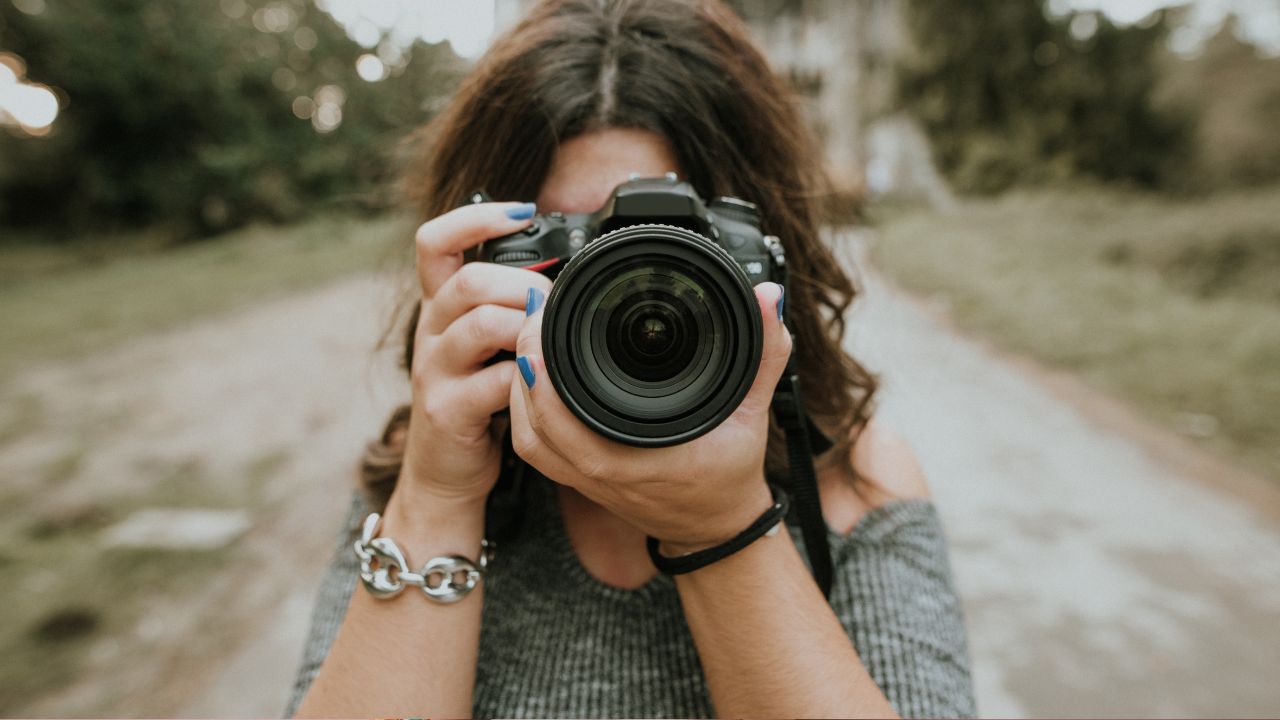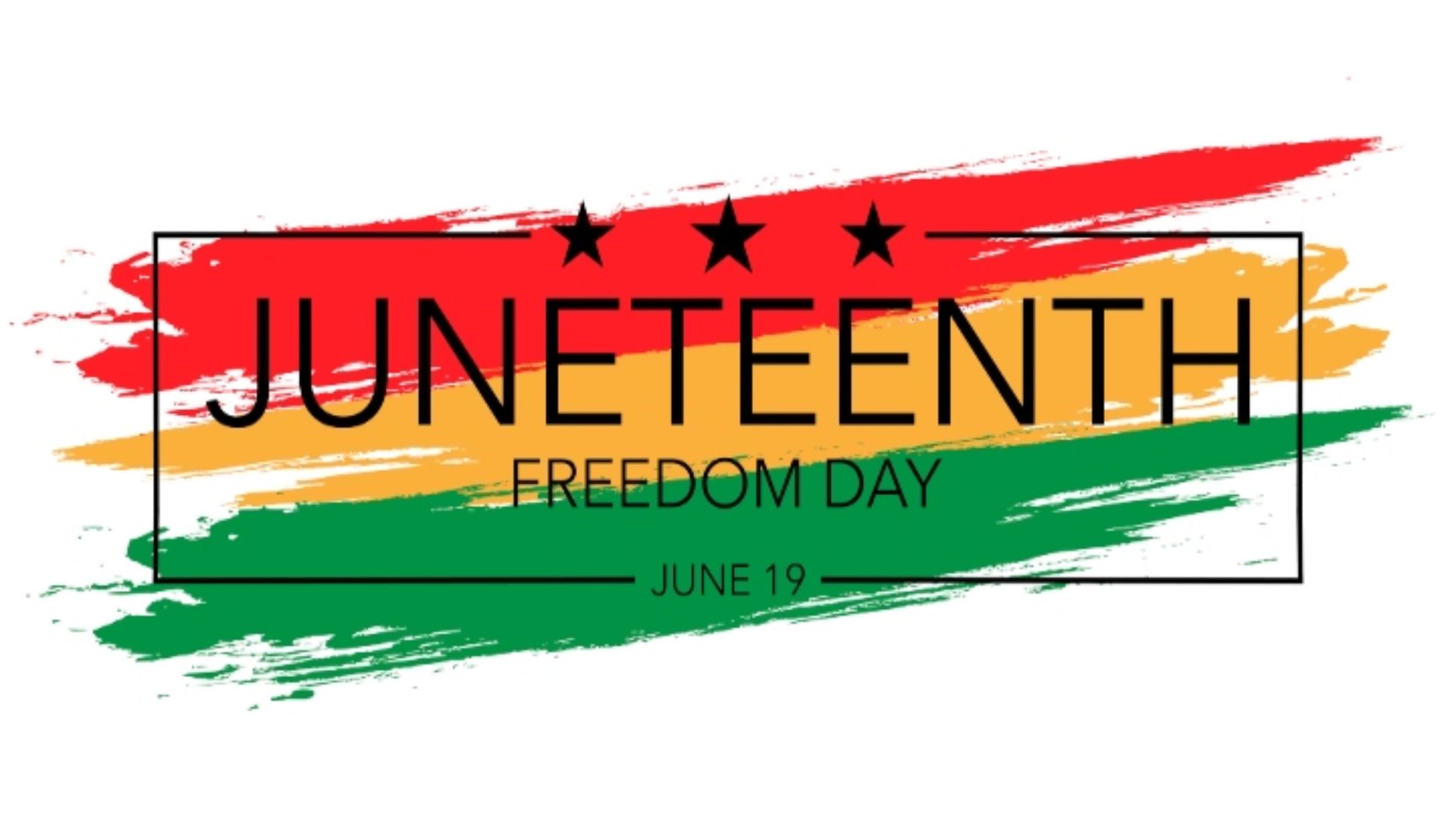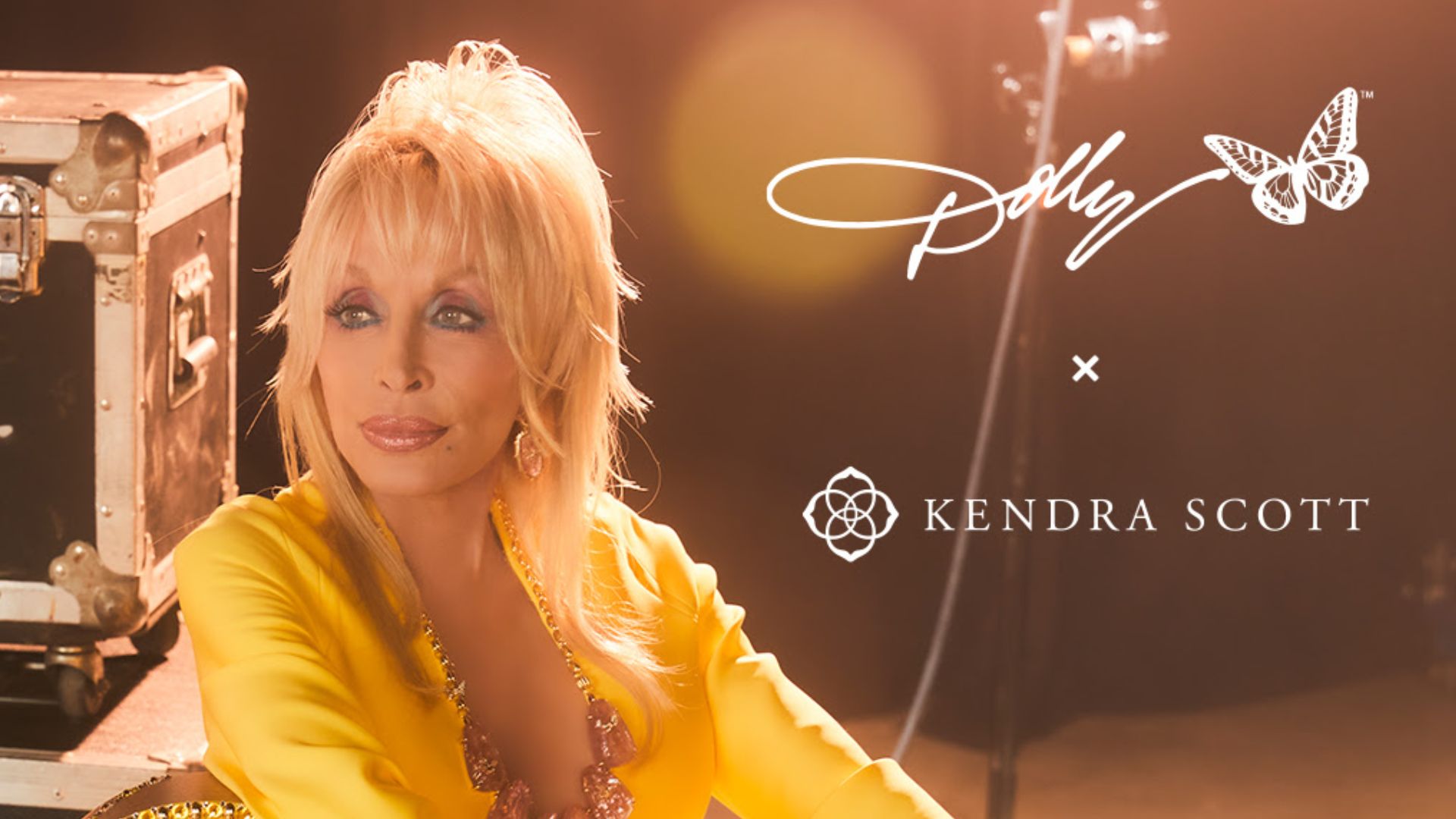
The Power of Storytelling: How Women Are Transforming the Narrative in Entertainment
For decades, the stories told on screen and stage have shaped our culture, beliefs, and identities. But until recently, the creators of those stories were predominantly men, and that imbalance has impacted which stories were told—and how they were told. Fortunately, the tides are shifting, and women are increasingly taking their place behind the camera as writers, directors, and producers, adding a fresh perspective and depth to storytelling that resonates with more diverse audiences.
Female voices in film, television, and theater are not only amplifying the female experience but also challenging stereotypes and exploring themes that were once considered “niche.” The rise of women in creative leadership positions is transforming the entertainment landscape, making it more inclusive, empathetic, and complex. Here’s how women are changing the narrative—and why it matters.
1. A Shift Toward Authentic Female Representation
Historically, female characters in film and TV were often depicted through a male lens, resulting in characters who were sometimes oversimplified, oversexualized, or even sidelined. With more women in creative control, we see characters who feel authentic, nuanced, and relatable. Women behind the camera bring personal experience and understanding, creating characters with genuine struggles, emotions, and strengths.
Consider recent films and shows that feature complex female leads. Series like Fleabag, created by Phoebe Waller-Bridge, or I May Destroy You by Michaela Coel, redefine what portraying a woman on screen means. These stories don’t shy away from depicting raw, real-life issues that women face—from mental health to self-discovery to trauma. Such works explore topics once deemed too “taboo” or “uncomfortable,” offering audiences a glimpse into real-world complexities.
2. Highlighting Diverse Stories and Perspectives
The rise of women from different cultural, racial, and social backgrounds in entertainment is reshaping the stories being told. Diverse female storytellers bring unique perspectives to the industry, filling a longstanding void. Ava DuVernay, for instance, made history as the first Black woman to direct a film nominated for the Best Picture Oscar (Selma). Her work highlights African American narratives and underrepresented voices, creating space for dialogue on race, identity, and justice.
This influx of diverse voices has led to the creation of films and series that are entertaining but also enlightening and educational. Works like The Farewell by Lulu Wang or Insecure by Issa Rae bring cultural nuances to the forefront, allowing viewers to step into worlds they may not otherwise encounter. These stories are shaping a new generation of more empathetic and globally aware viewers.
3. Addressing Social Issues and Challenging Stereotypes
When women take charge of storytelling, the entertainment world becomes a platform for addressing pressing social issues. Women writers, directors, and producers are leveraging their stories to highlight gender equality, body positivity, LGBTQ+ representation, mental health, and reproductive rights. They’re also challenging long-held stereotypes, whether it’s the portrayal of motherhood, sexuality, or career ambitions.
One standout example is the film Promising Young Woman, directed by Emerald Fennell. This work, and others like it, tackles themes of trauma, accountability, and the complexities of justice with both wit and intensity. It creates space for viewers to confront and question societal norms while promoting empathy and introspection.
4. Creating Opportunities for Future Generations
The visibility of women in creative leadership roles opens doors for future generations. Today, more women and girls can see themselves as writers, directors, and producers. This inspiration fuels the aspirations of young storytellers who may have once felt sidelined or uncertain about their place in the industry.
Women-focused production companies, mentorship programs, and film festivals dedicated to showcasing female talent are furthering this momentum. With each project that gains acclaim or captures hearts, emerging creators are forged on a path to bring new voices and perspectives into the spotlight.
5. Reframing “Universal” Stories
By broadening the definition of what makes a story “universal,” women are helping to dismantle the belief that stories centered around women, LGBTQ+ individuals, or people of color are inherently niche. Women-led stories are proving that their themes resonate universally by exploring topics such as relationships, ambition, grief, love, and growth. In reality, stories that draw from a broad array of human experiences connect with audiences in profound, eye-opening, and memorable ways.
6. Putting Pressure On Media Distributors
These processes are, in turn, putting pressure on media outlets and cable TV providers to change their operations. The entire conversation is shifting, with universality and inclusion becoming the hallmarks of the creative process. Women are playing a key role in changing the script and ensuring that the world of entertainment never returns to its state decades ago.
Celebrating Women Storytellers Who are Changing the Game
The entertainment industry is transforming, thanks to the growing presence of women in the director’s chair, the writer’s room, and the producer’s office. Their voices are not only changing how we experience entertainment, but they’re also impacting how we see ourselves, each other, and the world. As we celebrate this shift, let’s continue championing and supporting the female creators who dare to tell new stories, challenge old conventions, and illuminate the complexities of the human experience.
Women are not only transforming the stories we see—they’re transforming the power of storytelling itself. As we witness these changes, we’re reminded of the impact that diversity and authenticity bring to every frame, line, and stage.





